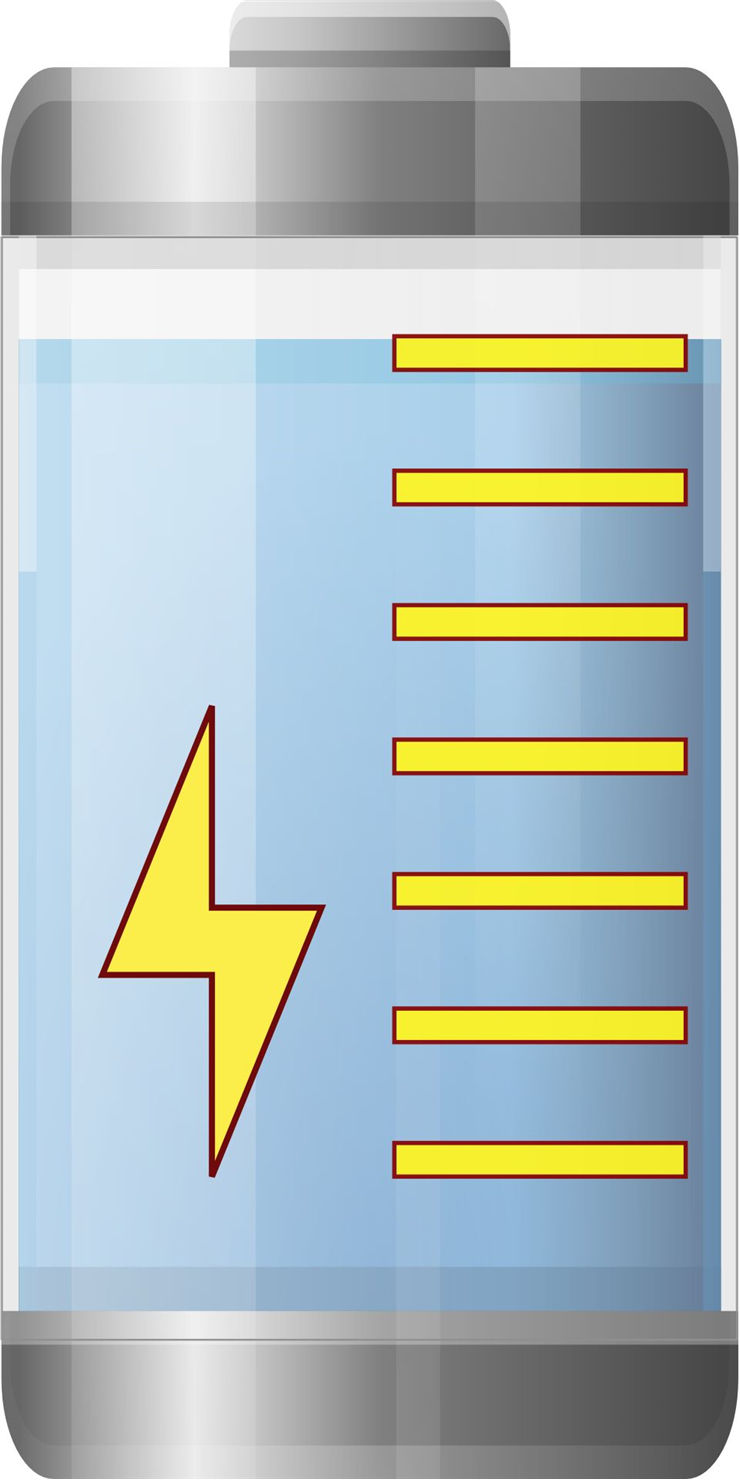How to Improve Battery Lifespan? - Improve Battery Lifespan
Chemical processes that are bound inside metal protection shells of modern batteries cannot be stopped completely, and because of that all batteries are susceptible to self-discharge, changes in discharge speed, appearance of “memory effect “power decrease, self-corrosion, and many other effect that can reduce or seriously hamper the longevity and usefulness of their use.
Here are some of the most useful tips for best storing your batteries, prolonging their use and preventing mistakes:
- Always keep battery surface clean, dry, and take special care for contract surfaces.
- Don’t keep empty batteries in your home devices. If you forget about them, those batteries will eventually corrode and spill dangerous material outside of them.
- If you are using your battery-powered devices rarely, it is recommended either to remove batteries from them or to turn on and off those devices once in a while so that batteries get little work.
- It is recommended that to charge rechargeable batteries once every 6 or 9 months.
- Don’t store batteries in hot and humid environment. All modern batteries are designed to work and be stored best at room temperatures.
- Rechargeable batteries loose small amount of their strength if they are not in use and not on the charger device.
- Don’t recharge batteries using chargers that re not suited for your battery type.
- Long term battery storage is best done if you keep them in their original unopened manufacturer package.
- When traveling, secure batteries so that they are not in contact with your other baggage and make sure that batteries don’t have place to move. This can prevent any accidents with batteries becoming punctured.
- Manufacturers of home batteries used for ordinary gadgets have worked long to reduce toxic hazardless of ordinary battery types. This means that both normal non-rechargeable and rechargeable batteries (alkaline, lithium, nickel) can be disposed via normal waste management processes. Larger batteries in more power-hungry devices are however more dangerous, and they should be disposed using various electronic waste methods.
- Keep batteries outside of fire and sharp objects that can accidently pierce them.
- Don’t mix old and new batteries. Instability in their charge may cause leakage and rupture.
- Keep batteries away from children who can accidentally pierce them or eat them.
- Don’t try to recharge battery that is not clearly marked to be of rechargeable type. Charging non-rechargeable battery may cause leakage or rupture.

